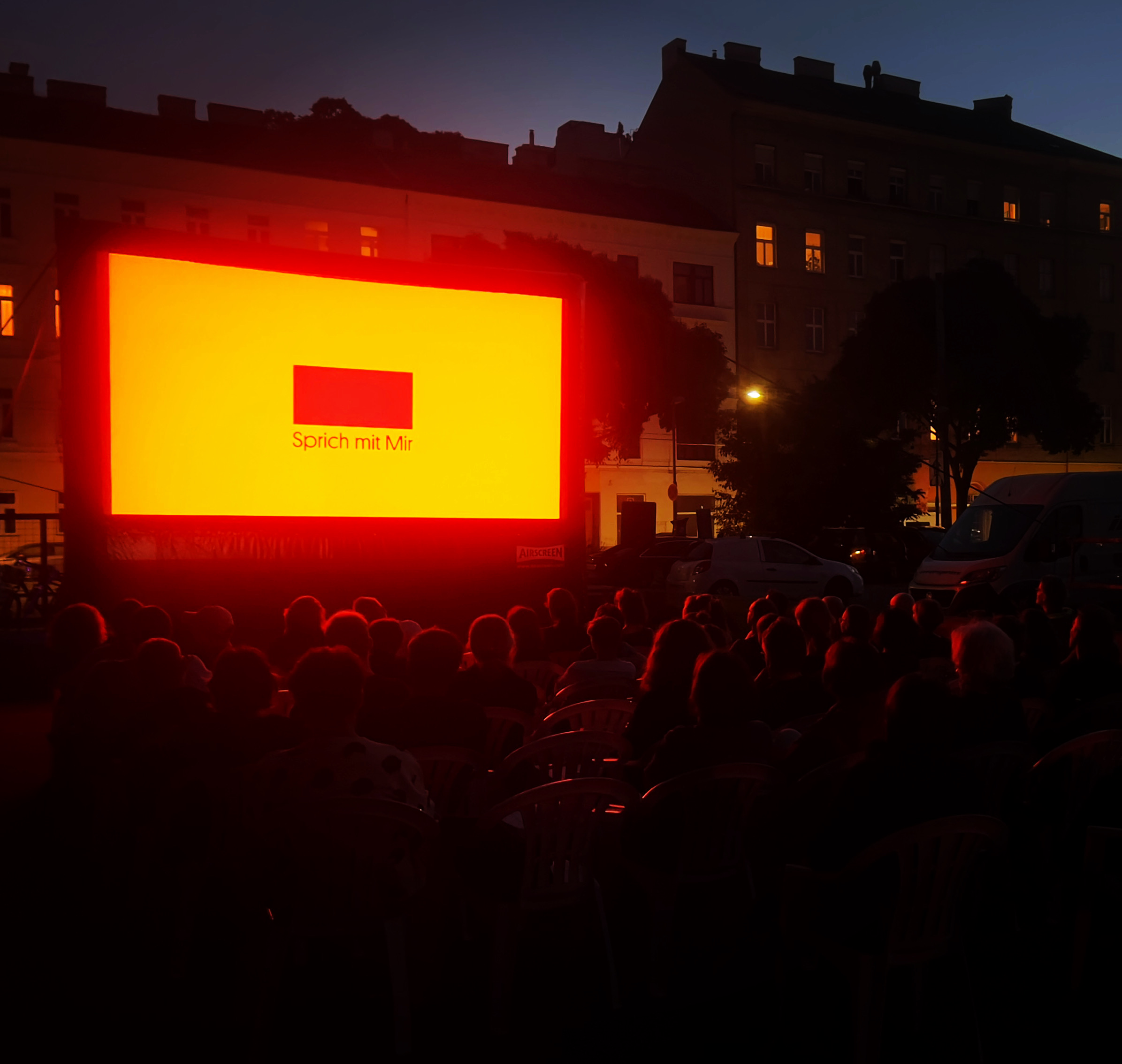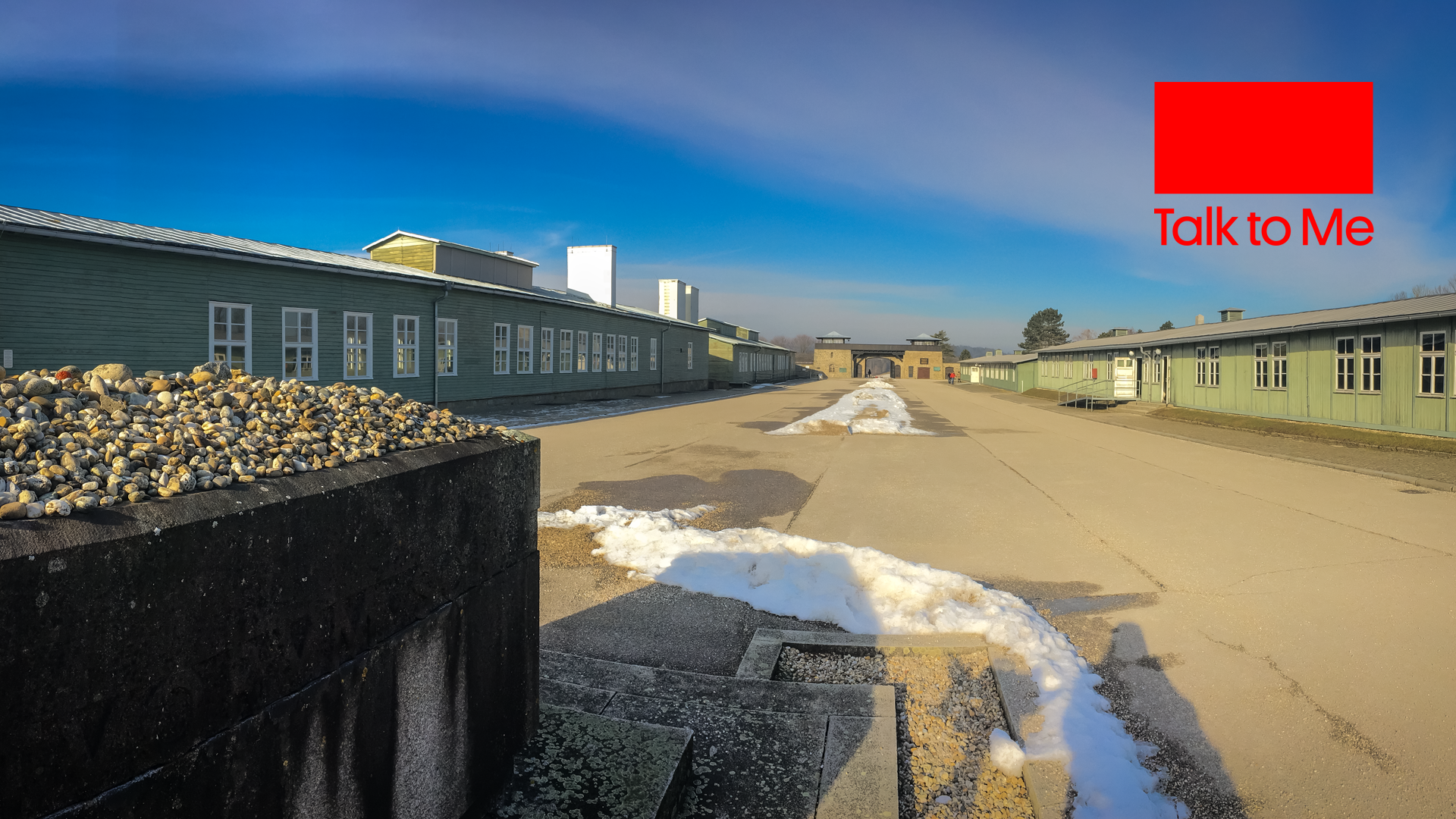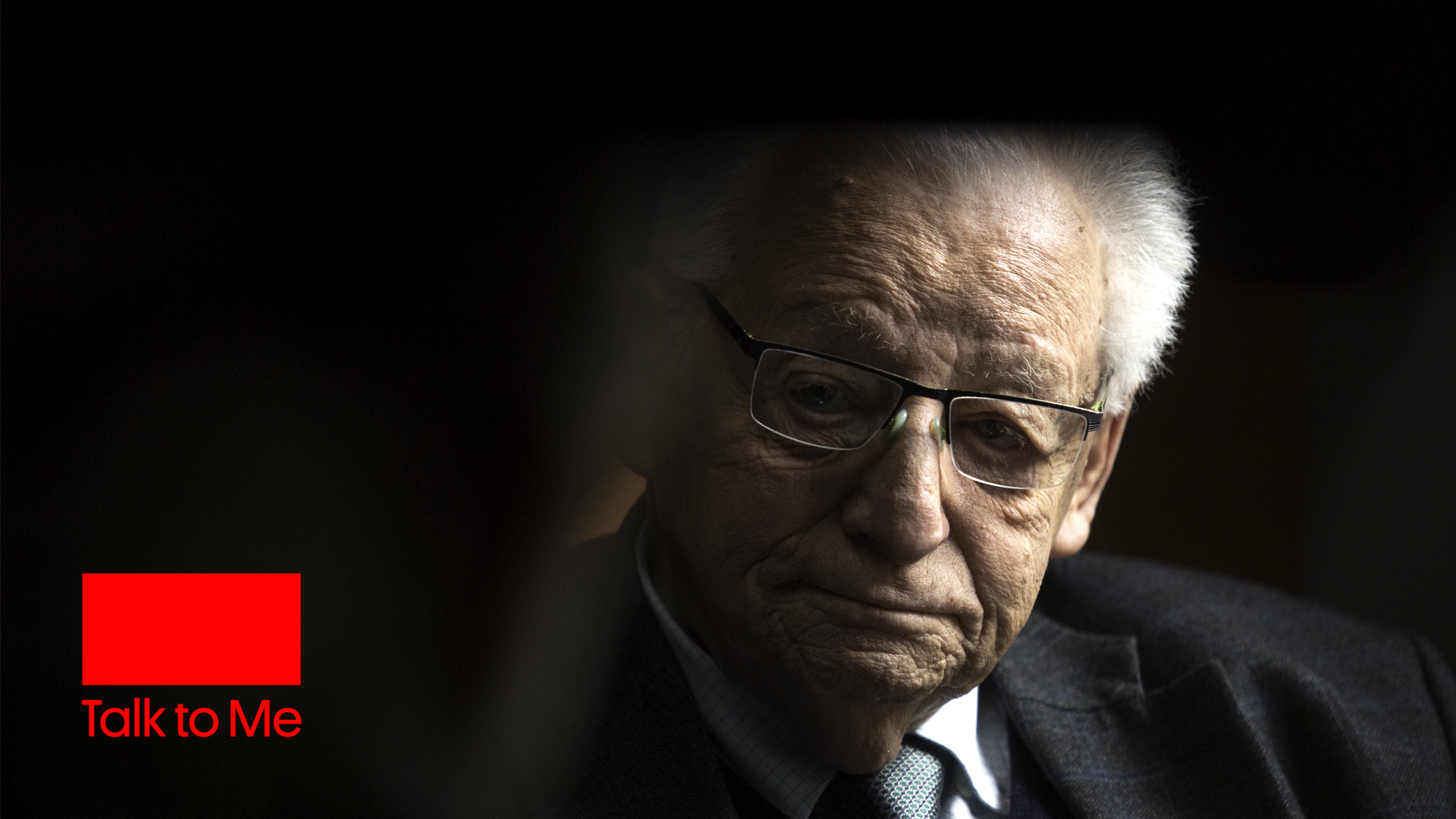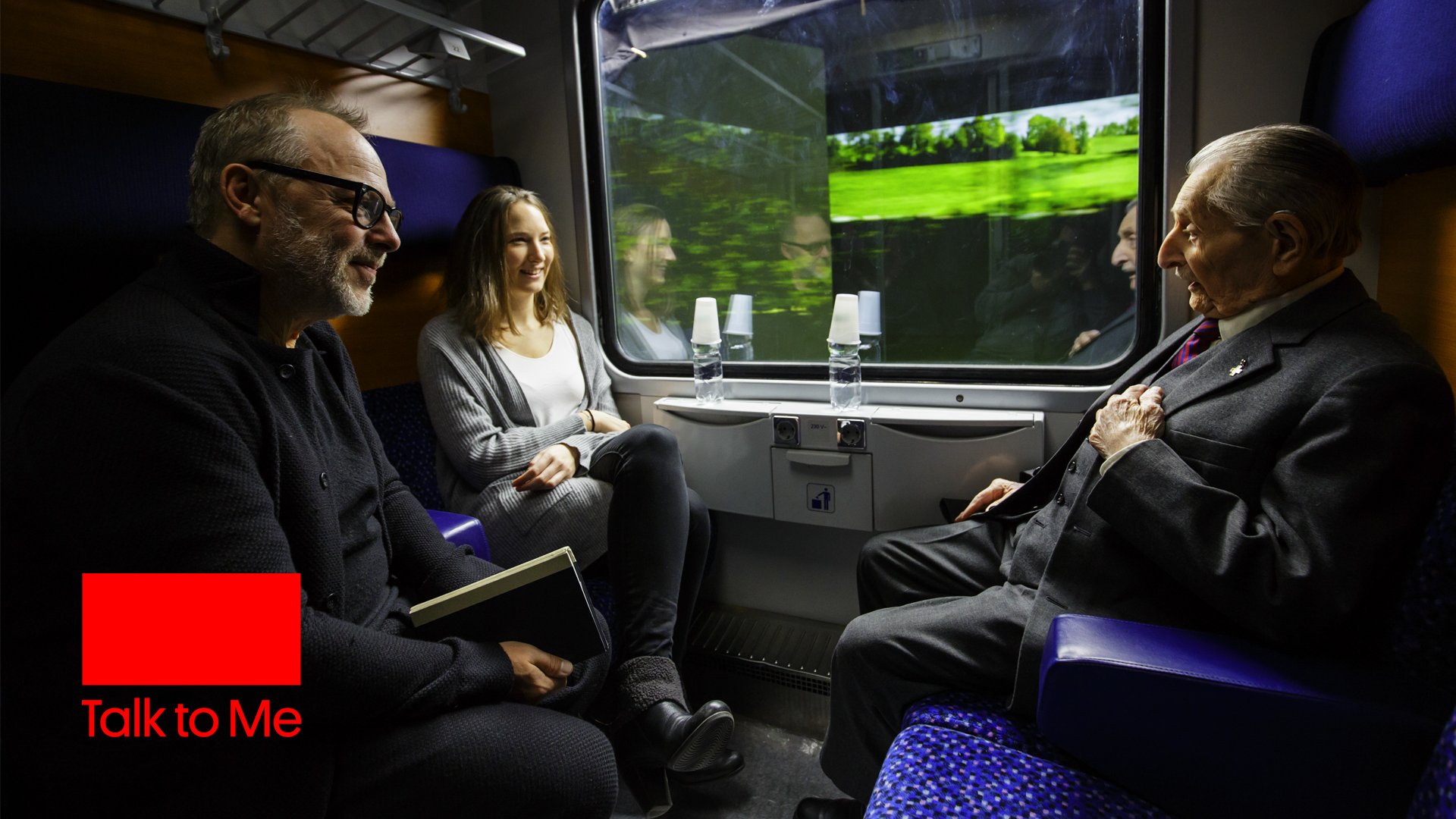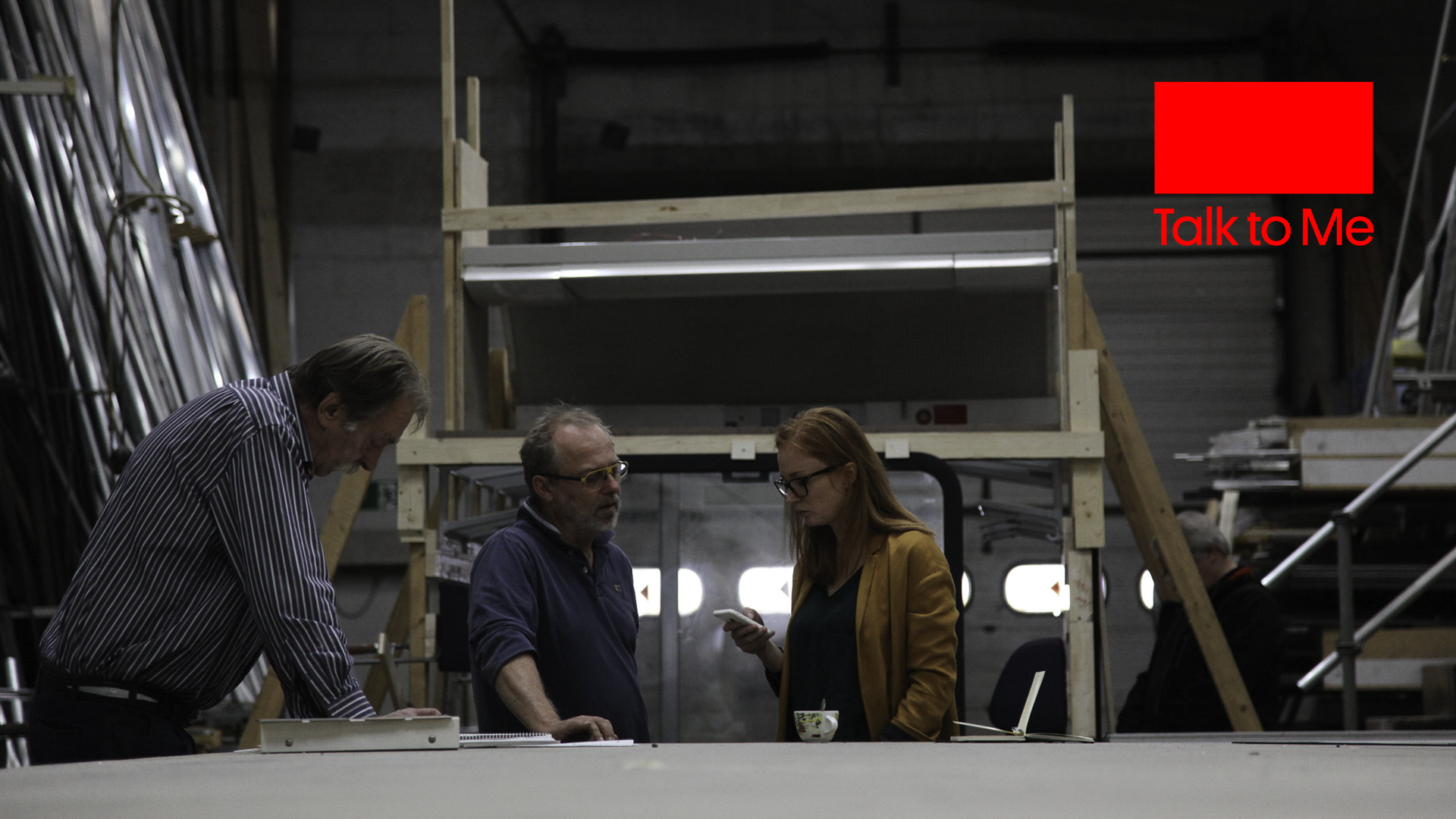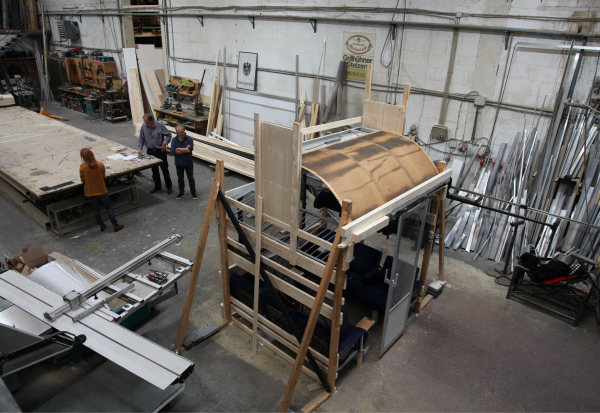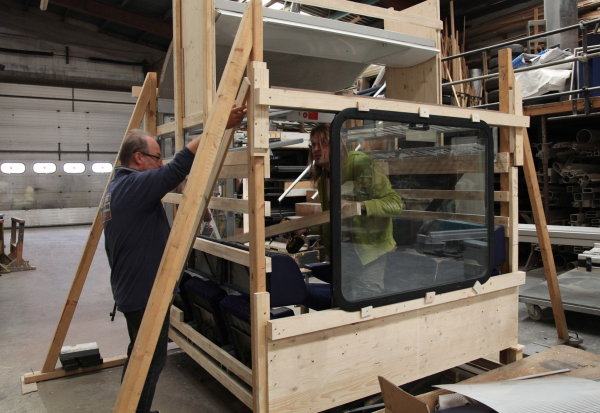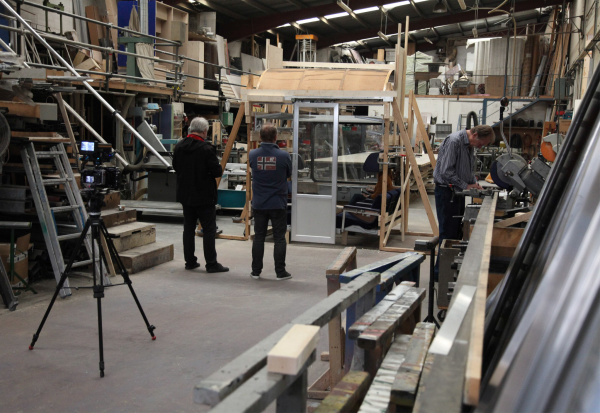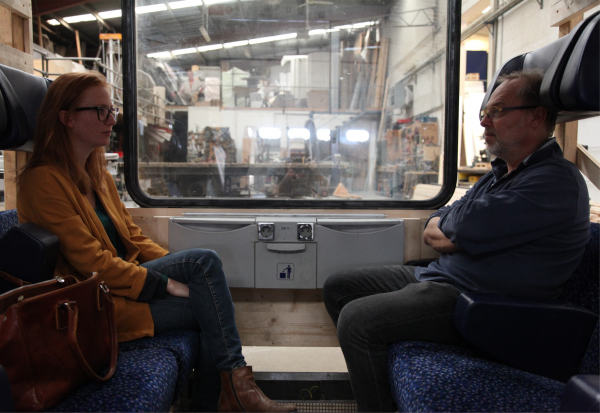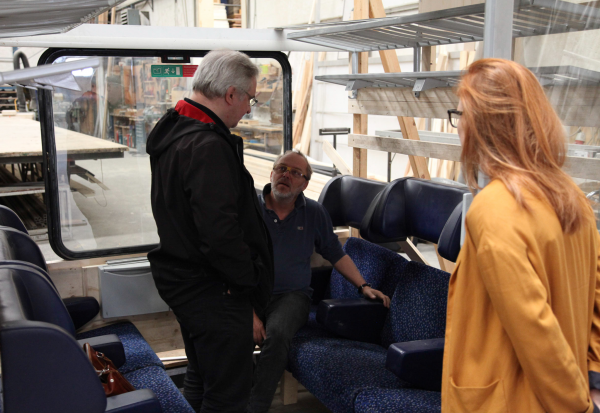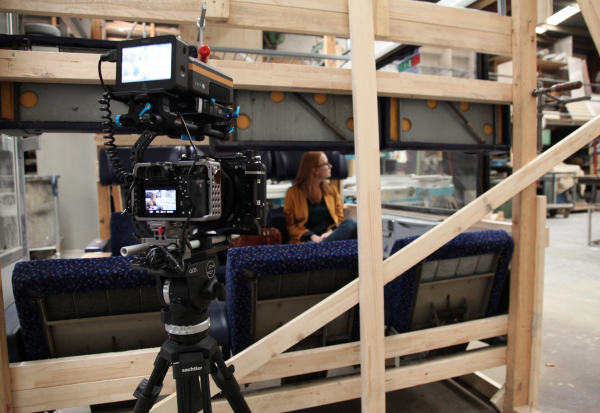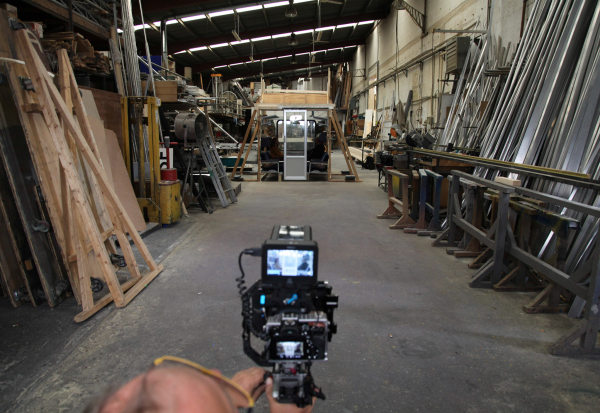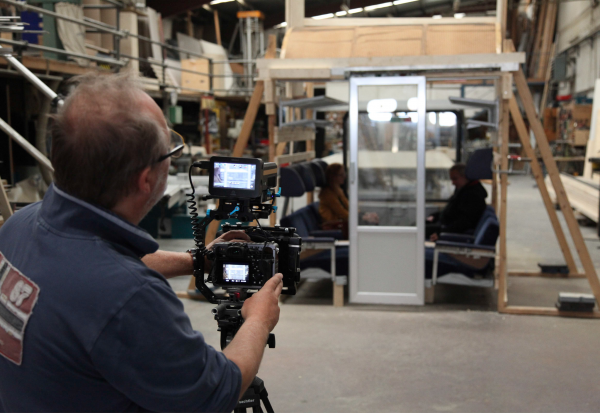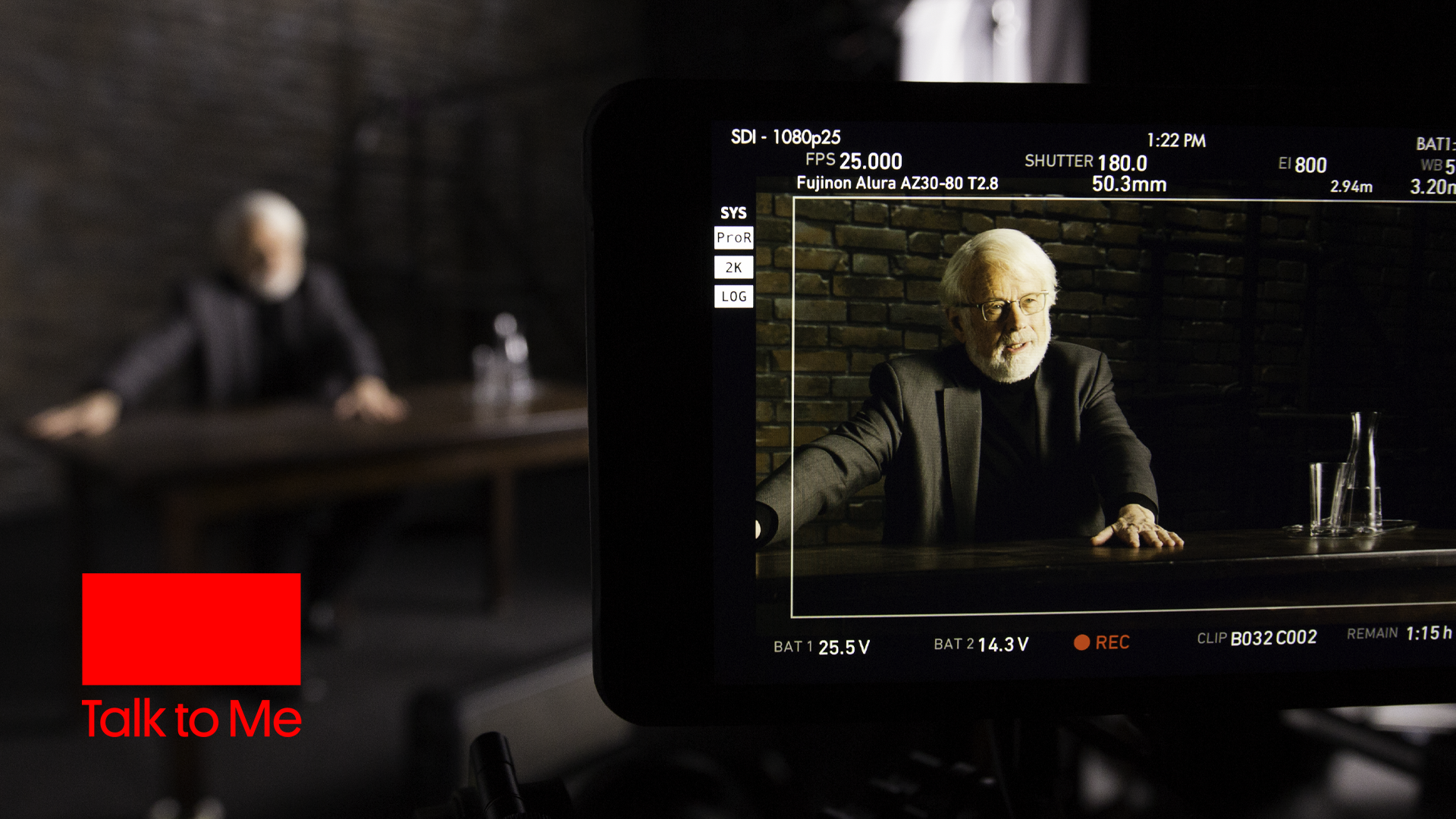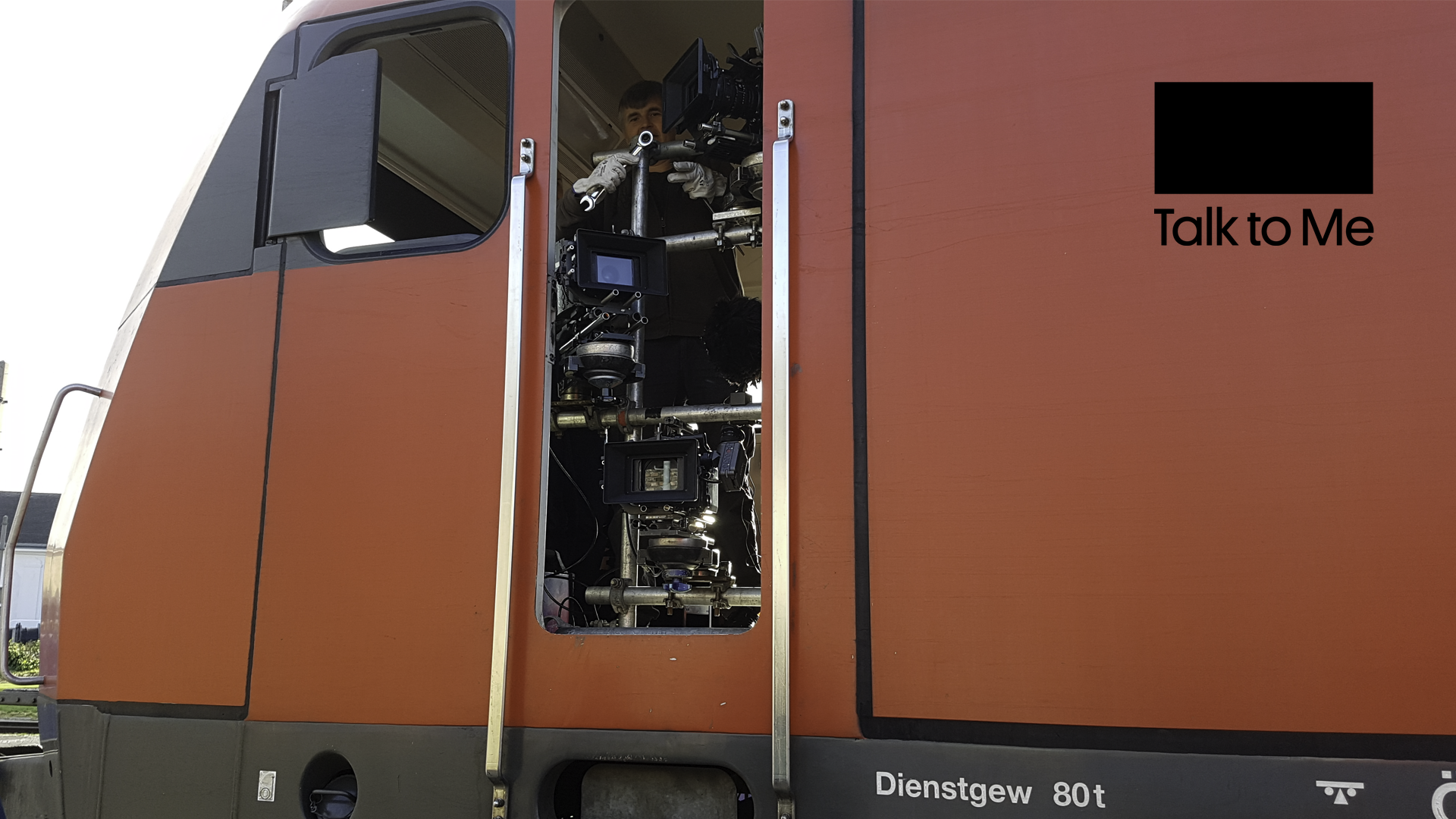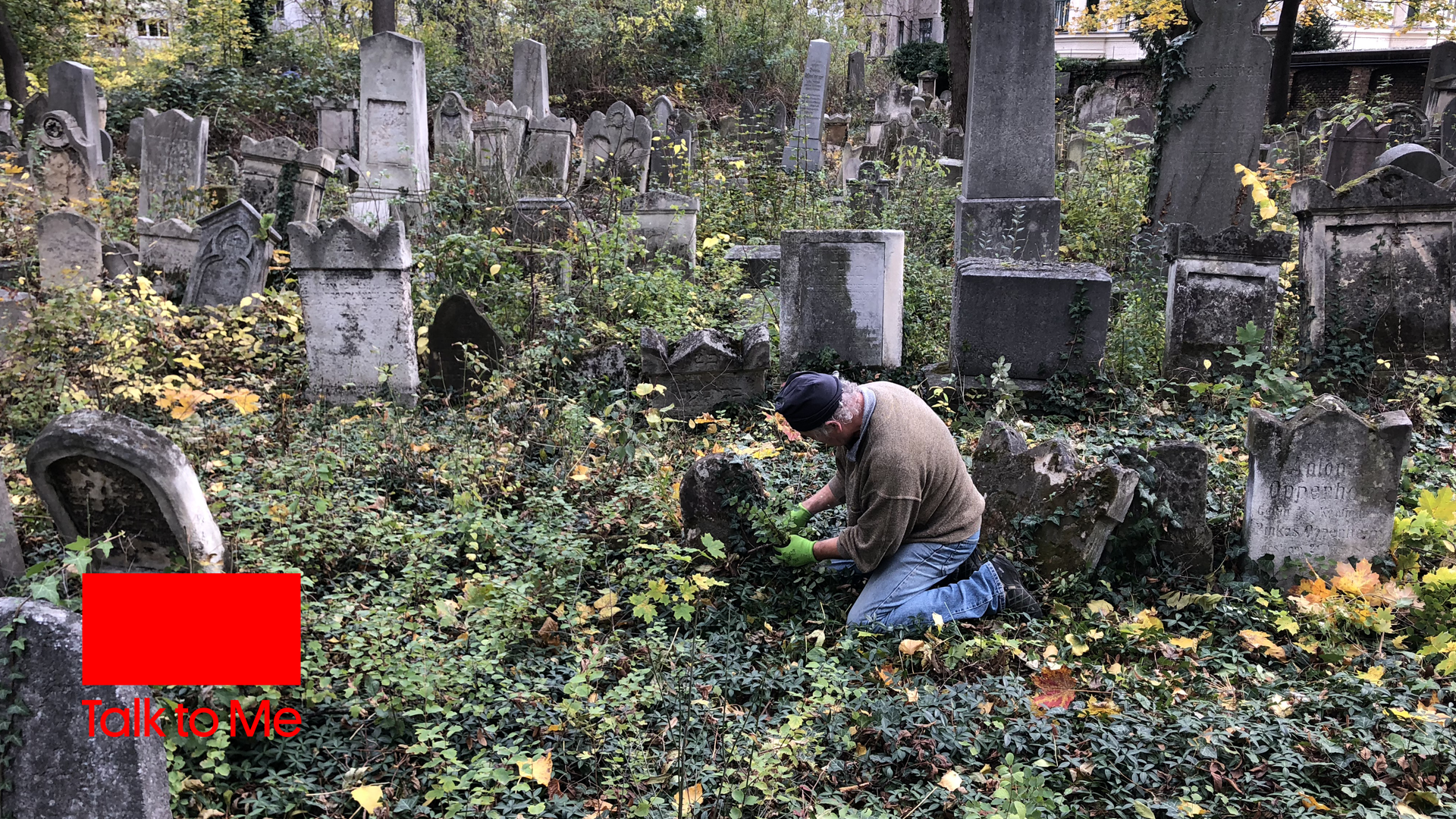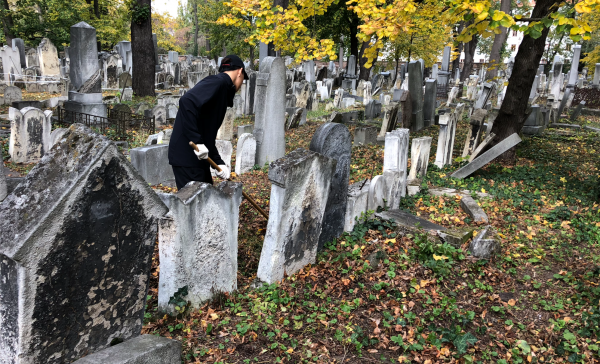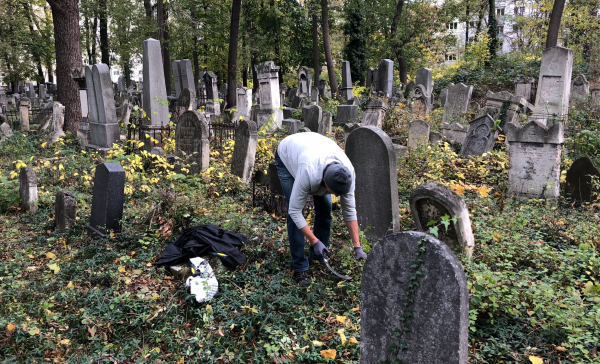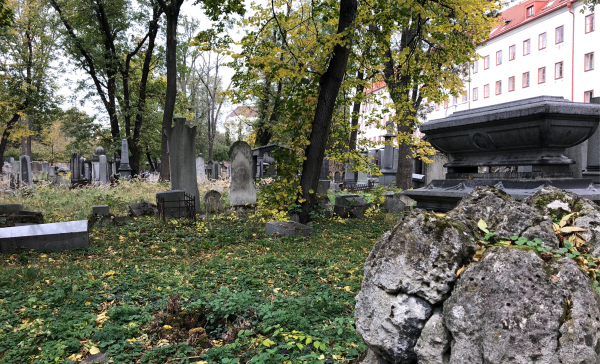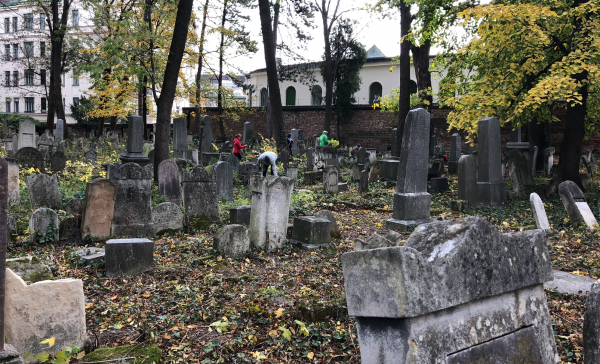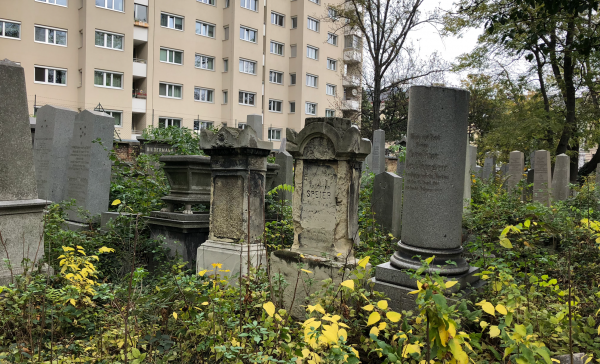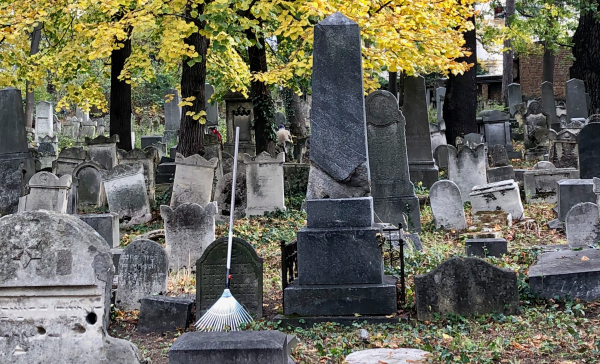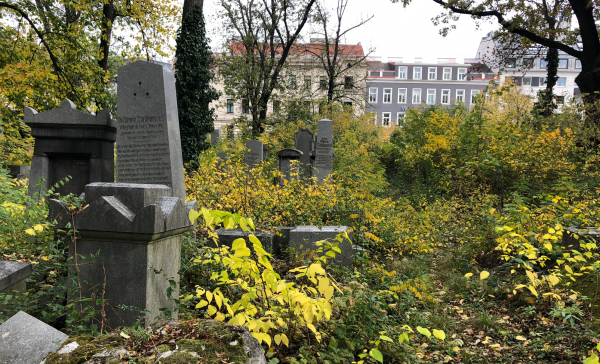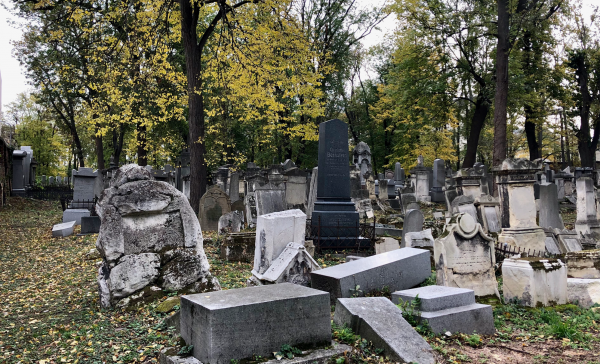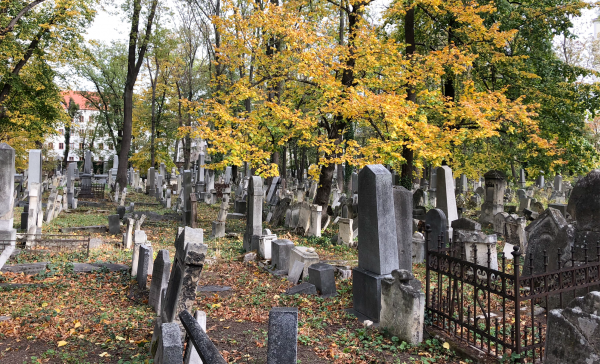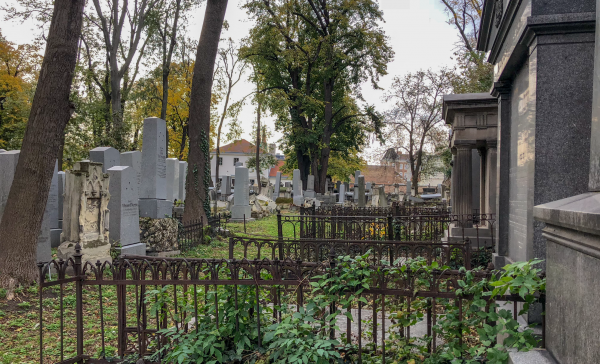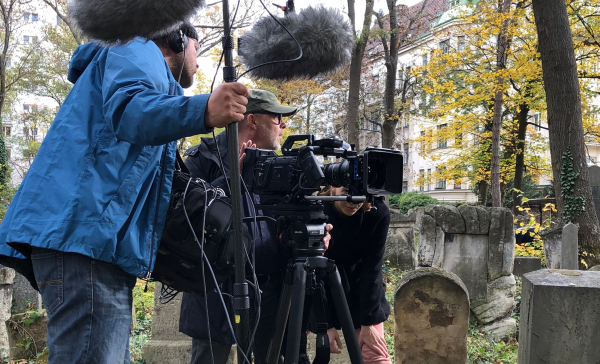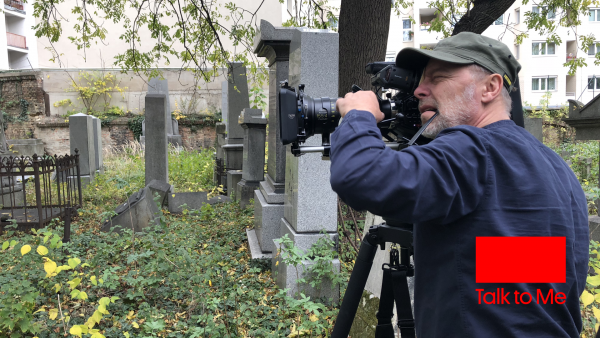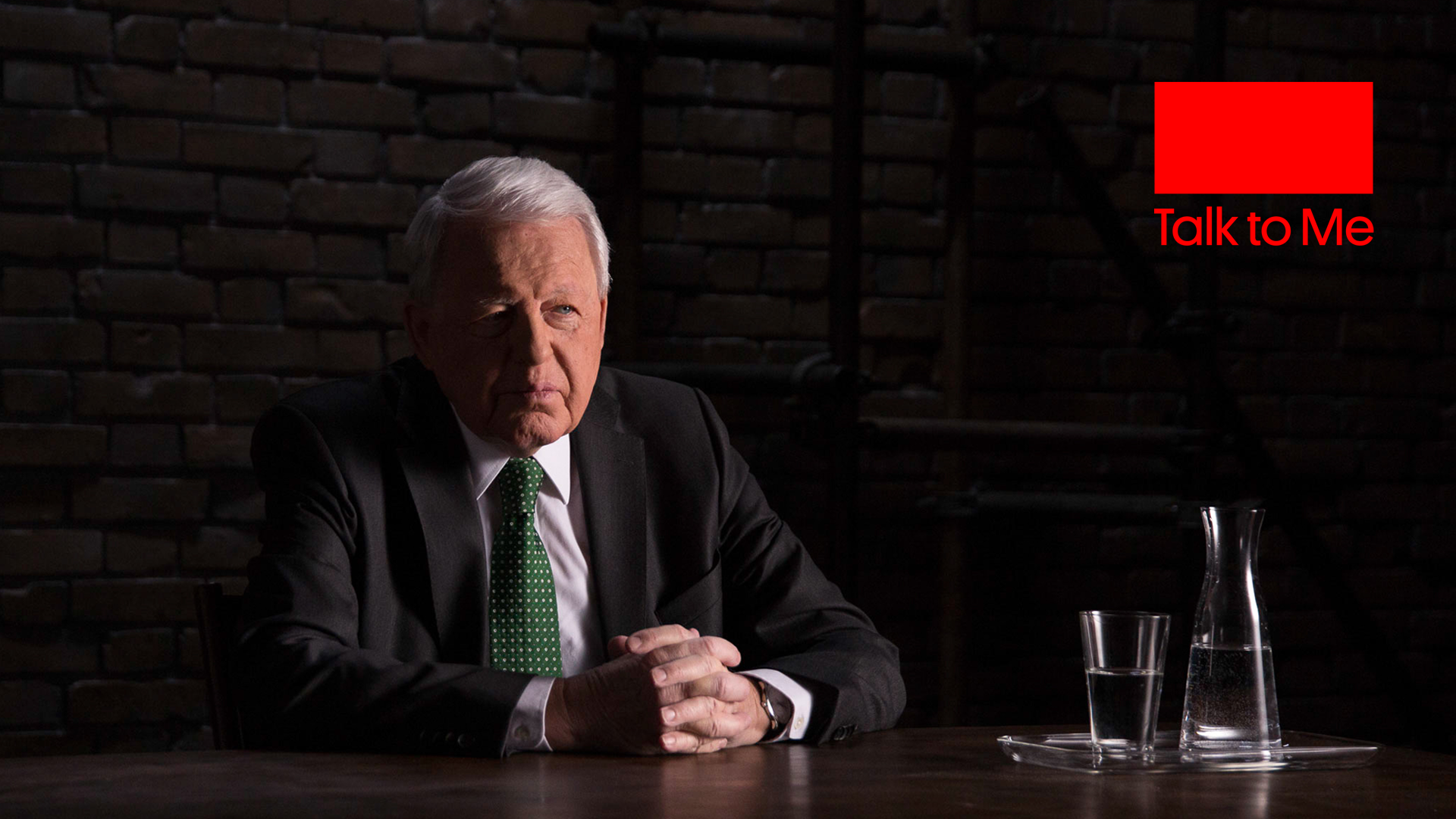In Episode 1 erzählt Herbert Schrott seinem Enkel Sammy seine Geschichte des Überlebens und seiner Verluste während des Holocaust. Das Screening am Nordwestbahnhof, einem Areal, das in den kommenden Jahren entwickelt und verändert wird, hatte viele historische Aspekte. Im Anschluss an die sehr gut besuchte Vorstellung gab eine Filmgespräch mit Regisseur Fabian Eder.
Comments closedCategory: Film
Aba Lewit was born on June 24th, 1923 in Poland. He survived the concentration camps of Płaszów (Poland) and Mauthausen (Austria). Today is Aba Lewit’s 97th birthday. We all shall thank him for his brave engagement against Neonazism and extreme right policies.
Aba Lewit has no grandchildren. He shared his story on camera with me. It was one of the greatest gifts I received in my life.
Comments closedAt the very last moment, Heinz Krausz is put on a train by his mother which takes him to Trieste, where the father, who has already fled, places him on a ship to Palestine. While his mother is deported to Auschwitz and survives there with the help of an Austrian SS man, Krausz joins the Palmach and actively participates in the founding of Israel. With a letter to Ben-Gurion his mother gets Heinz back to Vienna to help rebuild their lost factory. His grandson Theo understands the importance of the state of Israel for the Jews. Theo is just about to graduate high-school and although he has studied the history of the family he has many questions, though, especially about the ambivalence of his great-grandmother’s survival and the confrontation of his grandfather with anti-Semitism in Austria after the war.
This dialogue appears in the series as well as in the documentary.
Historical focus: founding of Israel, Palmach, Ben-Gurion, Auschwitz, Italy, reconstruction, Jewish Community Vienna
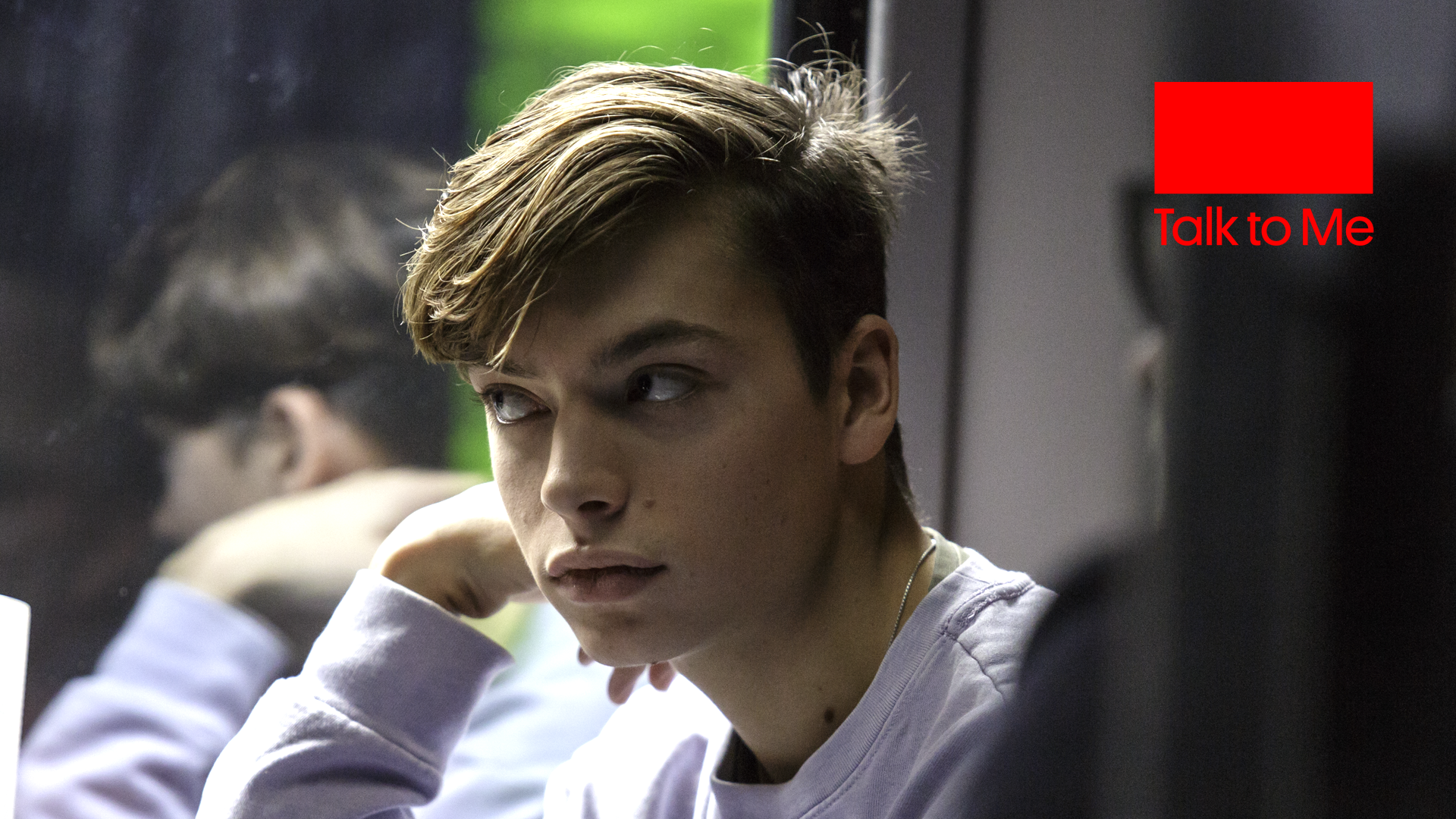
Marko Feingold was born on May 28th 1913 in todays Slovakia, which belonged to the monarchy of Austria-Hungary at that time. He grew up in Vienna’s 2nd district Leopoldsatdt. In 1939 he was first deported to the concentration camp at Auschwitz, than to the concentration camps at Neuengamme, Dachau and Buchenwald.
Marco Feingold died on September 19th, 2019 in Salzburg, at the age of 106 years. Today he would have celebrated his 107th birthday.
Comments closedBefore we went to the stage we set up a mockup of the train compartment in order to adjust camera angles. Of course we had to apply some changes to the original compartment, but I think one doesn’t notice.
This setup is a crucial point for a low budget production. Every mistake has significant effects to the film.
We congratulate Gerhard Botz to his 79th birthday!
Born on this day in 1941 he is one of the most recent Austrian historians. In our documentary he has a very important part talking about narratives and the political dimension of history. He spans a big arc to the presence. What can we learn from history?
What means “fake” news? Why is the Islamic State destroying 5000 years old sites? And what has that all to do with Holocaust?
It’s worth listening to him!
Comments closedPutting a train compartment into a studio sounds easier than it is.
The Austrian Railway Company OEBB supported our project from the very beginning. Shooting the backgrounds was a special challenge. After some discussions about it the OEBB offered us to use diesel locomotive.
For several reasons we choosed to drive from Wiener Neustadt, Lower Austria, to Graz, Styria. The OEBB removed on door of the locomotive. Our friends from Neuner SFX helped us rigging 3 ARRI Alexa cameras with ident lenses, and DOP Carlo Hofmann was able to record two an a half hours of background movement!
A very special thank to Dr. Traude Kogoi and Walter Neumann from the OEBB who made this possible.
Comments closedA small group of volunteers regularly takes care of the Jewish Cemetery in Vienna 18th district, Währing. We visited them work on November 1st, 2018.
As you know we filmed a lot of different commemoration events. The mood on this day was unique and touching. For the mostly catholic Austria November 1st is a holiday that refers to the catholic “Allerheiligen”. A day on which many visit the graves of their ancestors.
During all the work I didn’t see any more impressive and intense event of commemoration. All the Austrian families, who are buried here, all Jewish, all killed by Austrians. Most of their relatives were extinguished in the death factories of Auschwitz, Dachau, Mauthausen or one of the other concentration camps. Those don’t even have a grave.
A special thank to our dear friend Niki Kunrath, who organises not only these meetings with passion – but many other commemoration events in Vienna, too.
Heinz Fischer was born on October 9th, 1938 in Graz, Styria. He took office as President of Austria on 8 July 2004 and was re-elected for a second and last term on 25 April 2010, leaving office on 8 July 2016. As a young lawyer he uncovered in 1965 the political scandal of the anti-Semitic professor Taras Borodajkewycz at the Vienna University of World Trade.
Franz Vranitzky (born on October 4th, 1937) is an Austrian politician. A member of the Social Democratic Party of Austria (SPÖ), he was Chancellor of Austria from 1986 to 1997. On 8 July 1991 Vranitzky he acknowledged a share in the responsibility for “the pain brought, not by Austria as a state, but by citizens of this country, upon other people and peoples”, thereby departing from the hitherto official portrayal of Austria as “Hitler’s first victim.”
Both, Vranitzky and Fischer, appear in our film contributing important views on Austria’s political development after WWII.
Comments closed